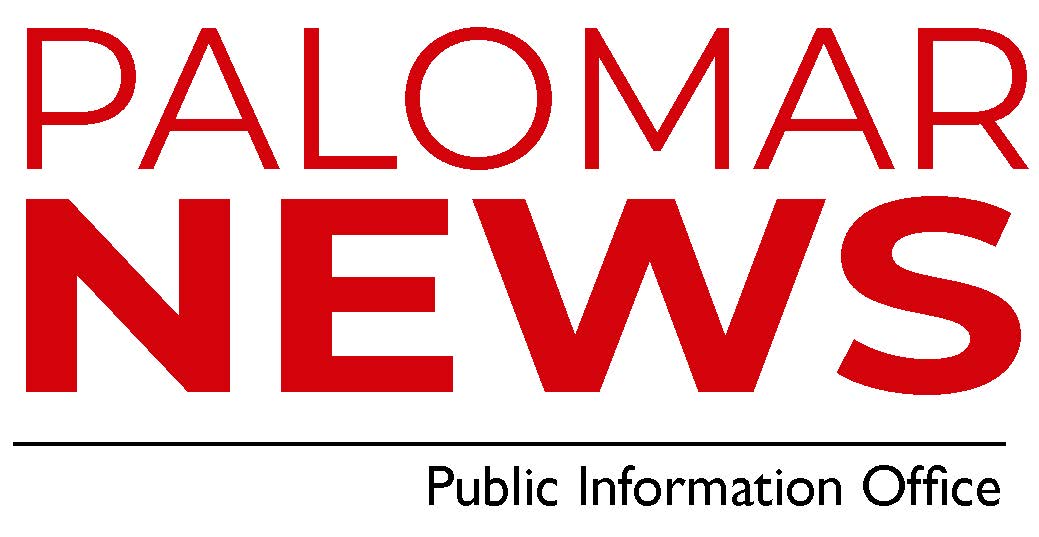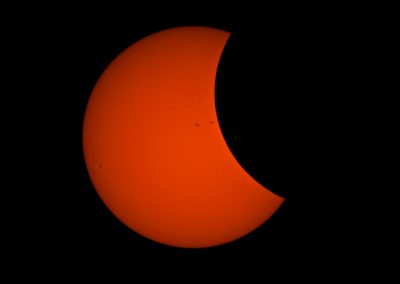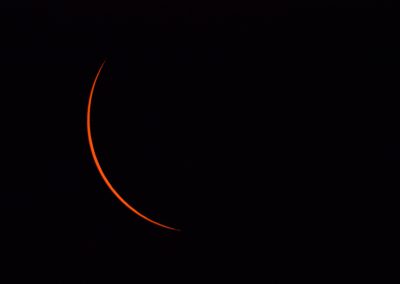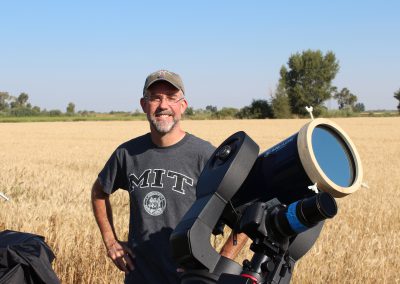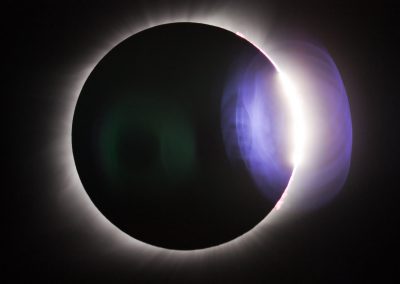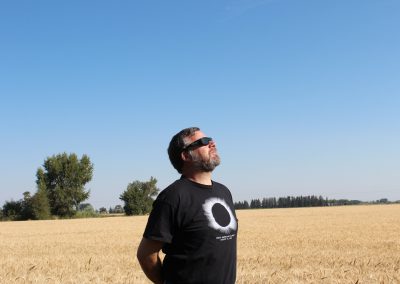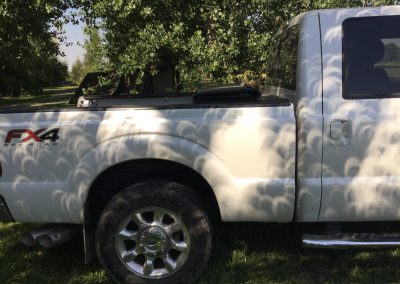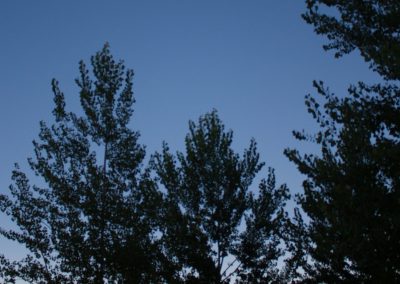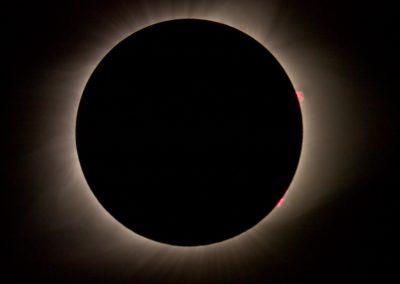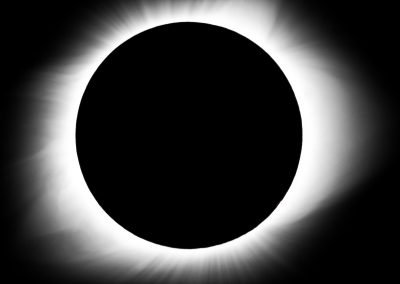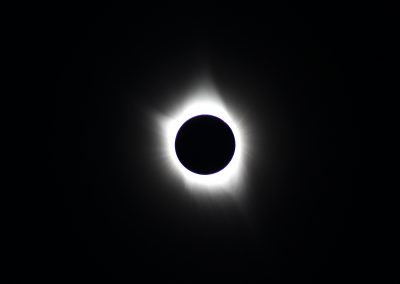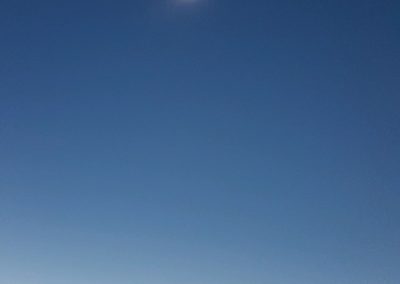Hundreds of miles away from Palomar College, Scott Kardel and Mark Lane spent the first day of the fall semester looking up.
Along with others from Palomar, Kardel and Lane traveled north last week and situated themselves in the path of totality, primed for the so-called “Great American Eclipse” with cameras and telescopes and years of anticipation.
The two Palomar professors were on private land in eastern Idaho, beside a wheat field and a river, removed from “the roads, traffic, noise, that kind of thing,” Kardel recalled. “We had perfect weather, we had a great location, and we were with really good, professional people.”
“Seeing totality was seriously unlike anything I’ve ever seen in my life, and far more amazing than I was expecting,” he added.
Following are some of the images captured by Kardel and Lane, as well as a Q&A with Kardel.
Scott Kardel: Q&A
What was it like witnessing totality?
“Intellectually, you know what’s going to happen, you understand the physics, the geometry, the astronomy, all of that—and yet, as the moon makes its progression over the sun, the excitement builds. The lighting is sort of different, it’s gray out, and it’s cooler.
“Those two minutes and 15 seconds felt like they were eight seconds. It was over sooner than I was hoping. It was otherworldly. Ethereal. I now completely understand how ancient people who didn’t know this was going to happen would have freaked out when it did.”
“As that continues, it really gets very noticeably cooler in temperature, and then at the moment when the last of the moon is about to block the disc of the sun, it really does get dark, and there are planets and stars you can see in the sky. On the horizon, there’s this orange glow you usually see at sunrise and sunset. Then you get a glimpse of the sun’s corona, which is amazingly beautiful. It’s a million degree gas, and it’s there every day, but we can’t see it.
How was your experience getting to Idaho?
“Saturday, we flew to Salt Lake City and then I had to wait two hours in line to get my rental car. The rental car line was only people who wanted to see the eclipse. There was an astrophysicist from NASA ahead of me and an amateur astronomer from San Diego (nearby).
“It was the most random intellectual discussion: you’re in a rental car line in an airport, and you don’t expect to hear people talking about neurons or magnetic fields, but those were some of the conversations going on around me.”
Are you glad you went out of your way to witness the Great American Eclipse?
“So much so that I want to see what I can do to get myself to some other total solar eclipses now.”
